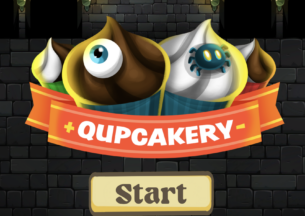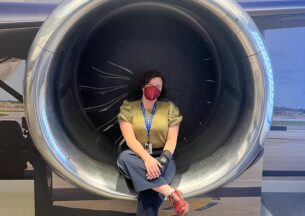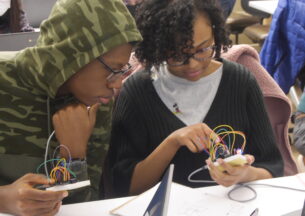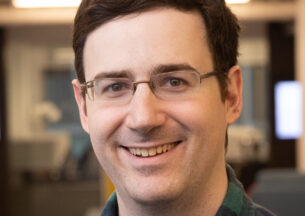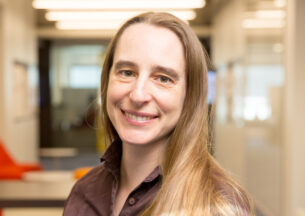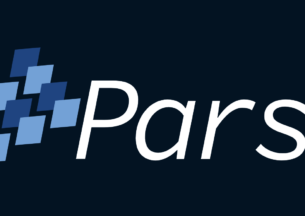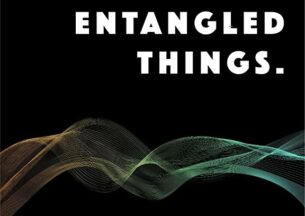Diana Franklin Receives Best Paper Award at ICER 2017
Diana Franklin, Research Associate Professor in Computer Science and Director of Computer Science Education at UChicago STEM Education, received a Best Paper Award – the John Henry Award – at ICER 2017, the prestigious ACM conference on computer science education research, held in Tacoma last month. Her team, led by Katie Rich (now a PhD student at Michigan State University), published the paper “K-8 Learning Trajectories Derived from Research Literature: Sequence, Repetition, Conditionals,” which describes the result of a process extracting over 600 learning goals from over 100 published papers in computer science education over the past decade about what should be or could be taught at K-8 and synthesizing them into learning trajectory.
There were two significant aspects of the work – the process for ordering learning goals in the absence of literature-based information and the identification of “big ideas” that students may learn beyond the particular programming concepts.
First, the most challenging step, by far, was taking related learning goals and placing them in a partial ordering despite the lack of empirical research for such an ordering. The team used three heuristics in such cases. First, concepts should be developed individually before being applied together. Second, the minimum knowledge necessary for a concept was identified, taking into account programming languages (Scratch) typical for this age group. Finally, concepts should start as broad as possible, connecting to students’ everyday lives, continue towards broad CT concepts, and finally applying directly to programming.
Second, the group identified “Big Ideas” involved in the understanding of each concept. For example, to create a basic, sequential program (the Sequence trajectory), they identified the concept of order and the concept of precision / specificity. Mark Guzdial, a self-identified doubter of elementary-level computer science efforts, wrote about the importance of these big ideas in his blog: He says that “It’s certainly plausible that a third grader who learns that precision and ordering in programs matters, might still remember that years later. I can believe that Big Ideas might transfer (at least, within computing) over years.”
This caps off a successful kick-off for the CANON (Computing for AnyOne) research lab, which has received three new National Science Grants to research several aspects critical to the CSforAll effort – designing and delivering computer science content in K-6 to shrink the ever-increasing digital divide.
Comprehending Code seeks to develop code comprehension strategies by combining knowledge of successful meta-cognitive techniques of novice programmers with successful 4th grade reading comprehension strategies to help struggling readers learn programming.
Learning Trajectories for Everyday Computing has received renewed funding to develop and research integrated computational thinking / mathematics instruction for 3rd-5th grade fractions instruction.
Scratch Encore seeks to develop computer science modules for students who have already taken an introductory sequence (e.g. code.org or Google’s CS First) and want to develop more advanced programming skills within the fun, engaging Scratch environment in a way that supports culturally diverse learners and experientially diverse teachers.



